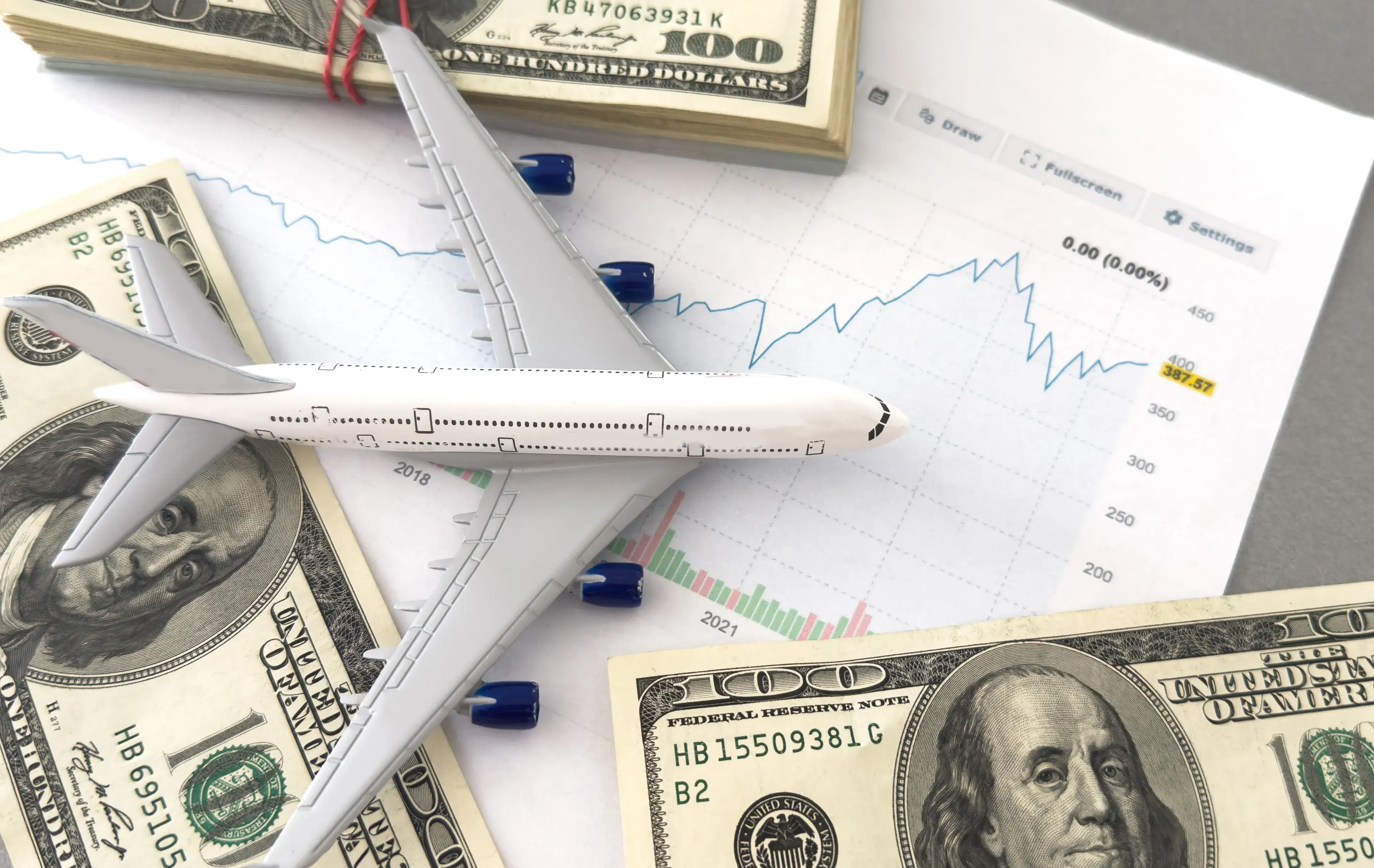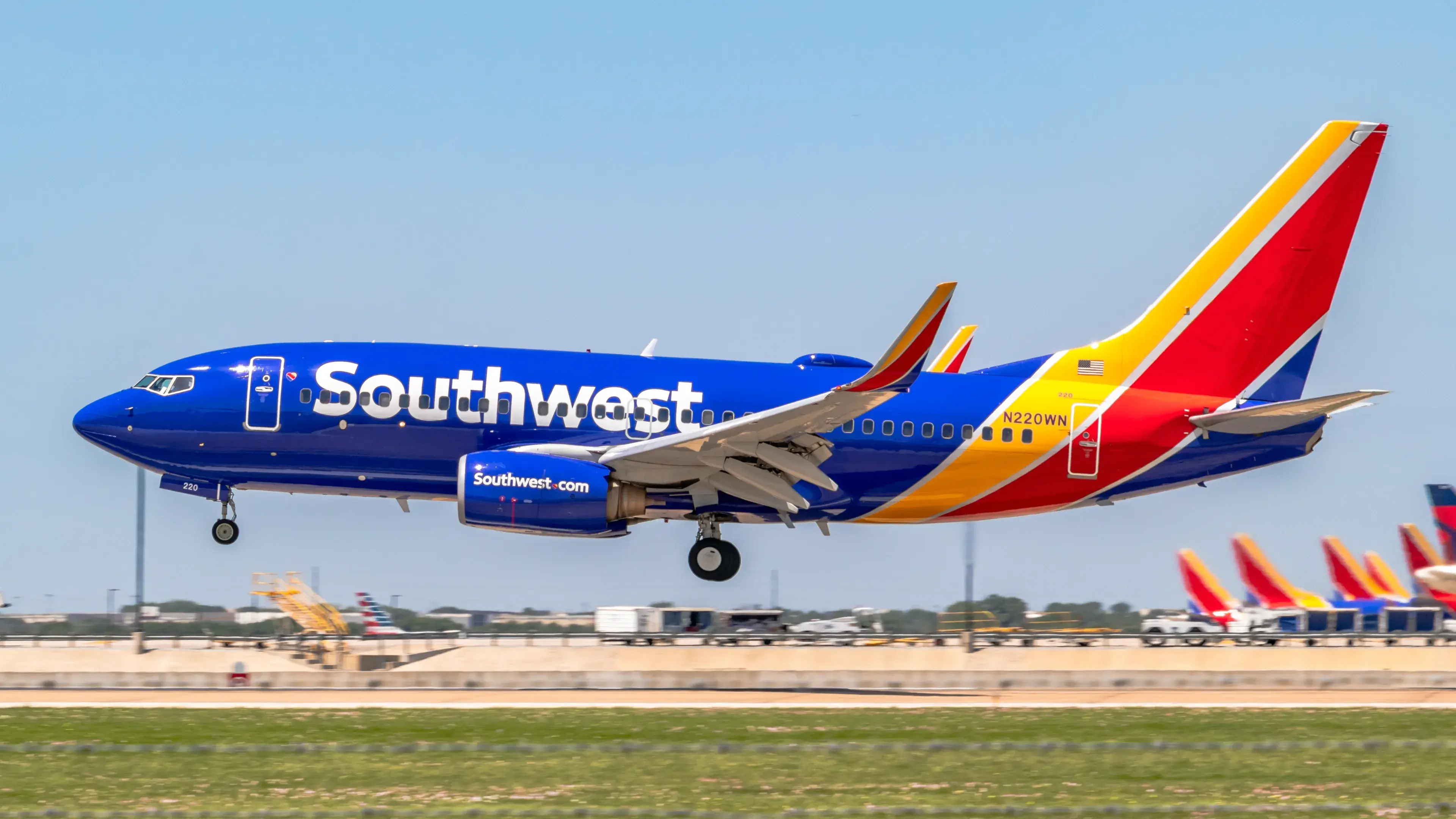
사우스웨스트 항공은 한 시대의 종말을 알리는 획기적인 결정으로 50년 이상 항공사 운영의 특징이었던 전설적인 개방형 좌석 정책을 포기할 계획을 발표했습니다. 댈러스에 본사를 둔 이 항공사는 목요일에 업계 표준에 부합하고 변화하는 고객 선호도에 부응하기 위해 지정 좌석 모델로 전환할 것이라고 밝혔습니다.
사우스웨스트항공의 이러한 획기적인 탑승 절차 변경은 광범위한 고객 피드백과 시장 조사에 따른 결과입니다. 항공사에 따르면 승객의 80%와 잠재 고객의 86%라는 압도적인 비율이 지정 좌석에 대한 선호도를 나타냈습니다. 사우스웨스트의 CEO 로버트 조던은 여행객들이 경쟁 항공사를 선택하는 주된 이유가 지정좌석제 때문이라고 강조하며 이러한 전략적 개편을 추진하게 되었다고 밝혔습니다.
승객이 탑승 시 좌석을 선택할 수 있는 개방형 좌석 정책은 1970년대 초 창립 이래로 사우스웨스트 항공의 특징이 되어 왔습니다. 이 독특한 접근 방식은 처음에는 운영 효율성을 높이고 처리 시간을 단축하며 궁극적으로 더 낮은 요금을 제공하기 위해 시행되었습니다. 하지만 고객의 기대치가 진화함에 따라 사우스웨스트항공도 서비스를 조정해야 할 필요성이 커졌습니다.
지정 좌석제 도입과 더불어, 사우스웨스트항공은 프리미엄 좌석 옵션을 제공하여 기내 경험을 업그레이드할 계획입니다. 항공사 전체 좌석의 약 3분의 1에 레그룸을 확장하여 비행 중 편안함을 원하는 승객에게 제공할 예정입니다.
사우스웨스트 항공은 구체적인 재무 전망을 공개하지 않았지만, 업계 분석가들은 지정 좌석제로의 전환과 프리미엄 옵션 도입으로 항공사의 수익이 크게 증가할 것으로 예상하고 있습니다. 좌석 선택 수수료를 제공하고 다리 공간이 더 넓은 프리미엄 좌석에 요금을 부과함으로써 사우스웨스트 항공은 잠재적으로 연간 수억 달러의 추가 수익을 창출할 수 있을 것으로 예상됩니다. 참고로 미국의 다른 주요 항공사들도 좌석 선택 수수료와 프리미엄 좌석 업그레이드를 통해 상당한 수익을 올린 것으로 보고되었습니다. 예를 들어, 최근 몇 년 동안 일부 항공사는 이러한 부가적인 수수료로 연간 8억 달러에서 10억 달러 이상의 수익을 올렸습니다. 사우스웨스트항공의 정확한 수치는 가격 전략, 고객 채택률, 프리미엄 좌석으로 전환된 항공기 비율 등 다양한 요인에 따라 달라질 수 있습니다. 이러한 조치는 업계 관행에 부합하는 것으로, 사우스웨스트항공은 운영 비용 상승을 상쇄하고 잠재적으로 기본 요금의 가격 경쟁력을 높일 수 있는 새로운 수익원을 창출할 수 있게 되었습니다.
이러한 변경 사항의 시행 일정은 아직 불분명하지만, 사우스웨스트는 충성도 높은 고객층에게 항공사의 명성 높은 운영 효율성을 유지하기 위해 전환을 신중하게 관리할 것이라고 약속했습니다. 9월 말에 열리는 투자자의 날 행사에서 새로운 탑승 정책에 대한 자세한 정보를 제공할 계획입니다.
이 혁신적인 결정은 사우스웨스트항공의 열렬한 팬들로부터 다양한 반응을 이끌어냈습니다. 일부 승객은 독특한 탑승 경험을 잃게 되어 실망감을 표하는 반면, 다른 승객은 비행 전 불안감을 줄이고 좌석 선택의 확실성을 높이기 위한 조치로 환영하고 있습니다.
사우스웨스트항공이 상징적인 개방형 좌석 정책에 작별을 고할 준비를 하는 가운데, 항공 업계는 이 대형 항공사가 항공 여행의 경쟁 환경에서 어떻게 정체성을 재정의할지 면밀히 지켜보고 있습니다. 지정 좌석과 프리미엄 옵션이 곧 도입될 예정인 사우스웨스트 항공은 현대 항공 여행객의 요구를 충족하기 위해 전통과 혁신의 균형을 맞추며 유서 깊은 역사의 새로운 장을 열 준비가 되어 있습니다.

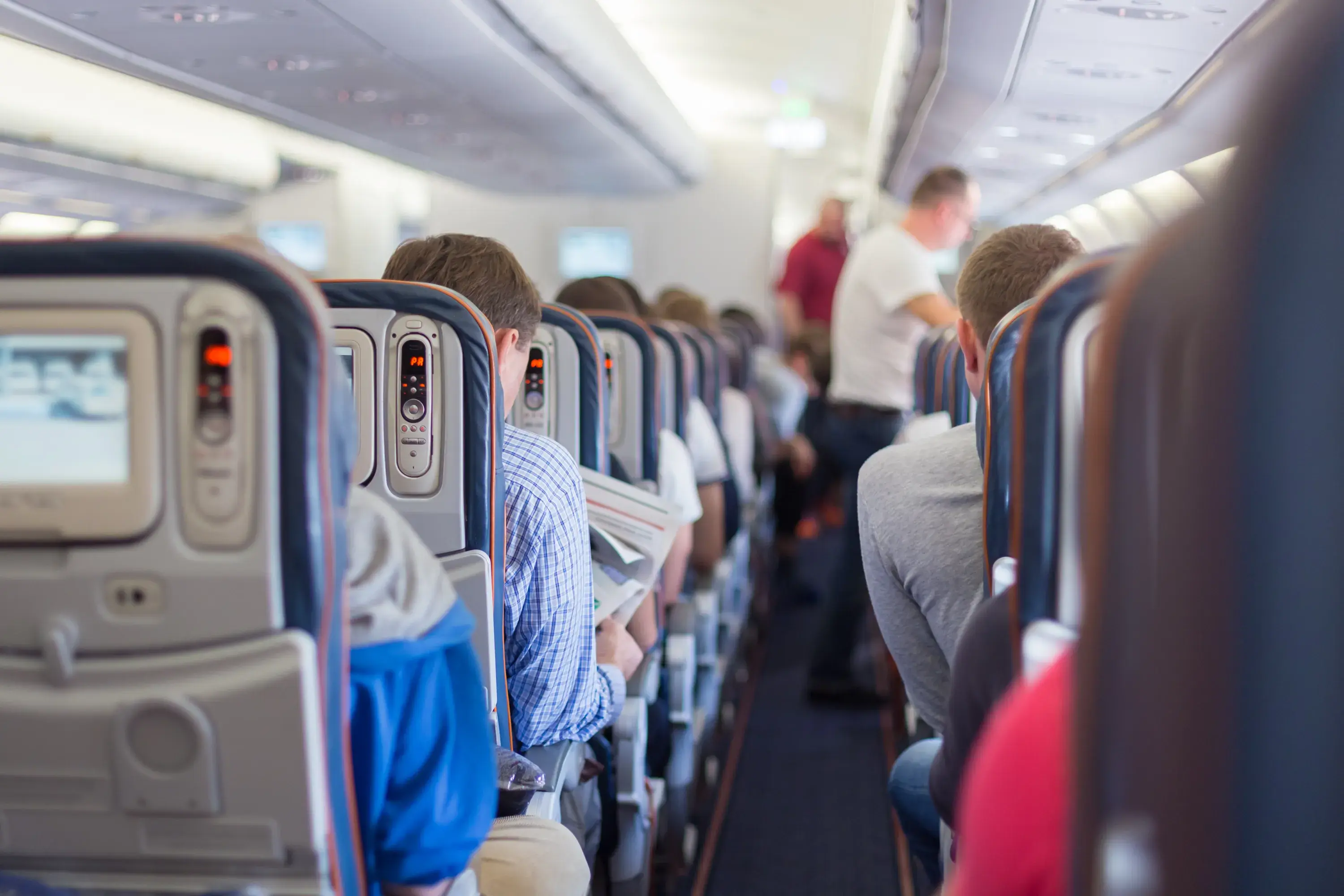
항공사 뉴스
성별 분리 좌석: 여성에게 권한을 부여할까요, 아니면 남성을 차별할까요?
2024년 7월 25일
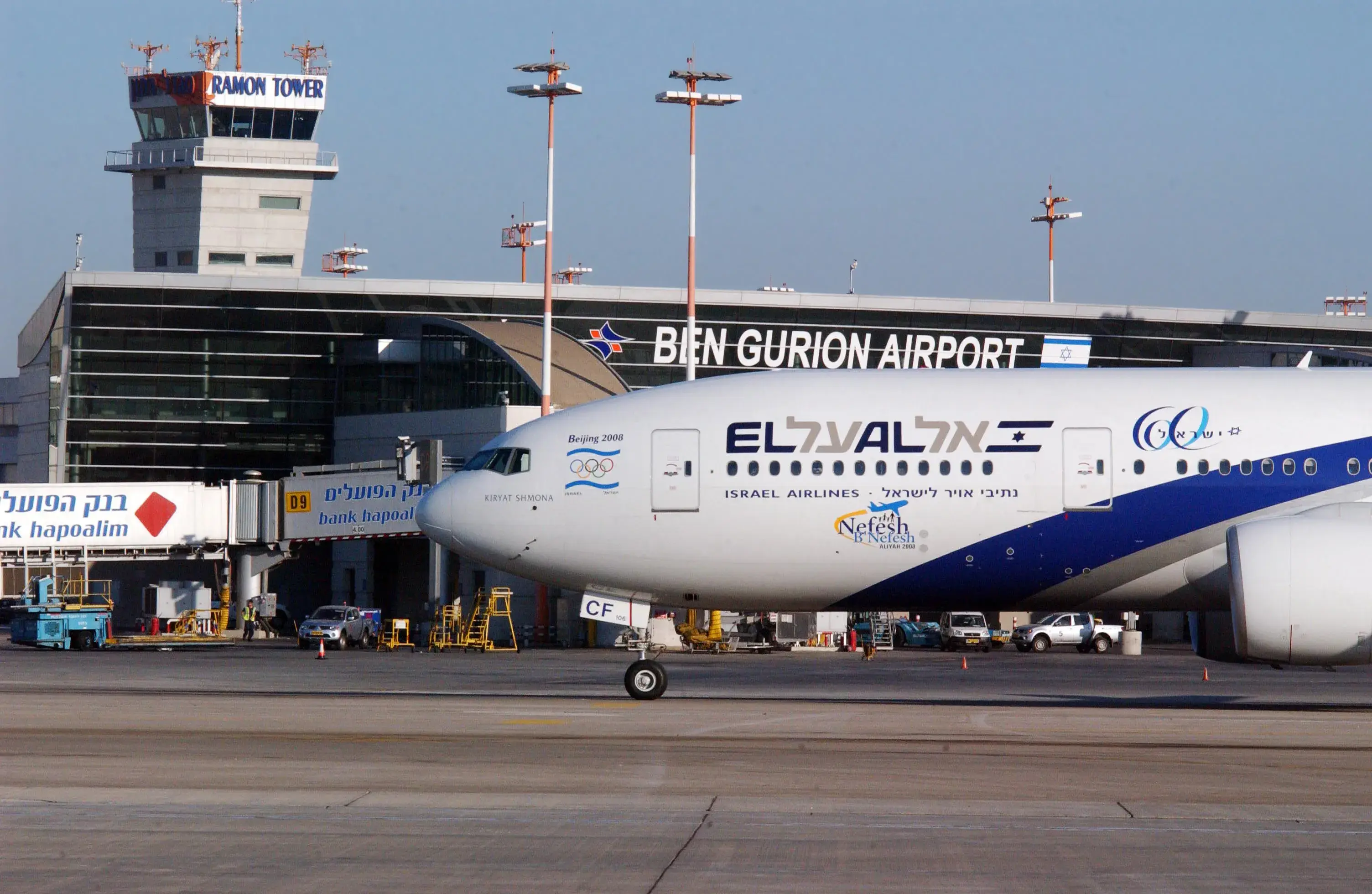
항공사 뉴스
중동 긴장 고조로 항공사, 이스라엘행 항공편 운항 중단
2024년 8월 1일

항공사 뉴스
글로벌 기술 결함으로 인해 광범위한 여행 혼란 야기
2024년 7월 19일

항공사 뉴스
미국 국무부, 정치적 혼란 속에서 방글라데시에 대한 여행 경보 발령
2024년 8월 6일

항공사 뉴스
글로벌 경보: 영국이 극우 혼란에 빠지자 9개국이 시민들에게 경고하다
2024년 8월 9일
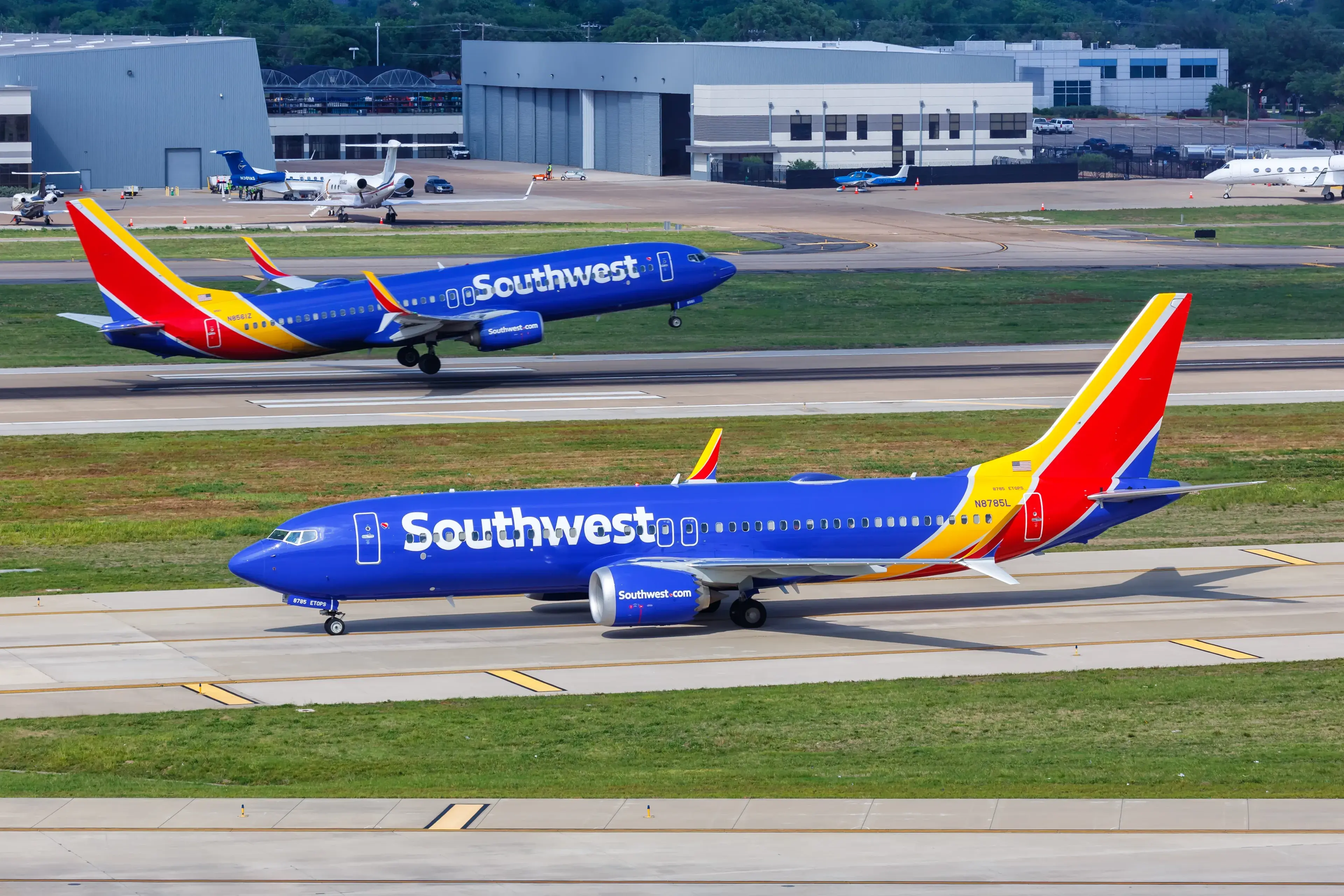
항공사 뉴스
사우스웨스트의 46달러 항공편이 인터넷을 강타하고 있습니다.
2024년 8월 15일
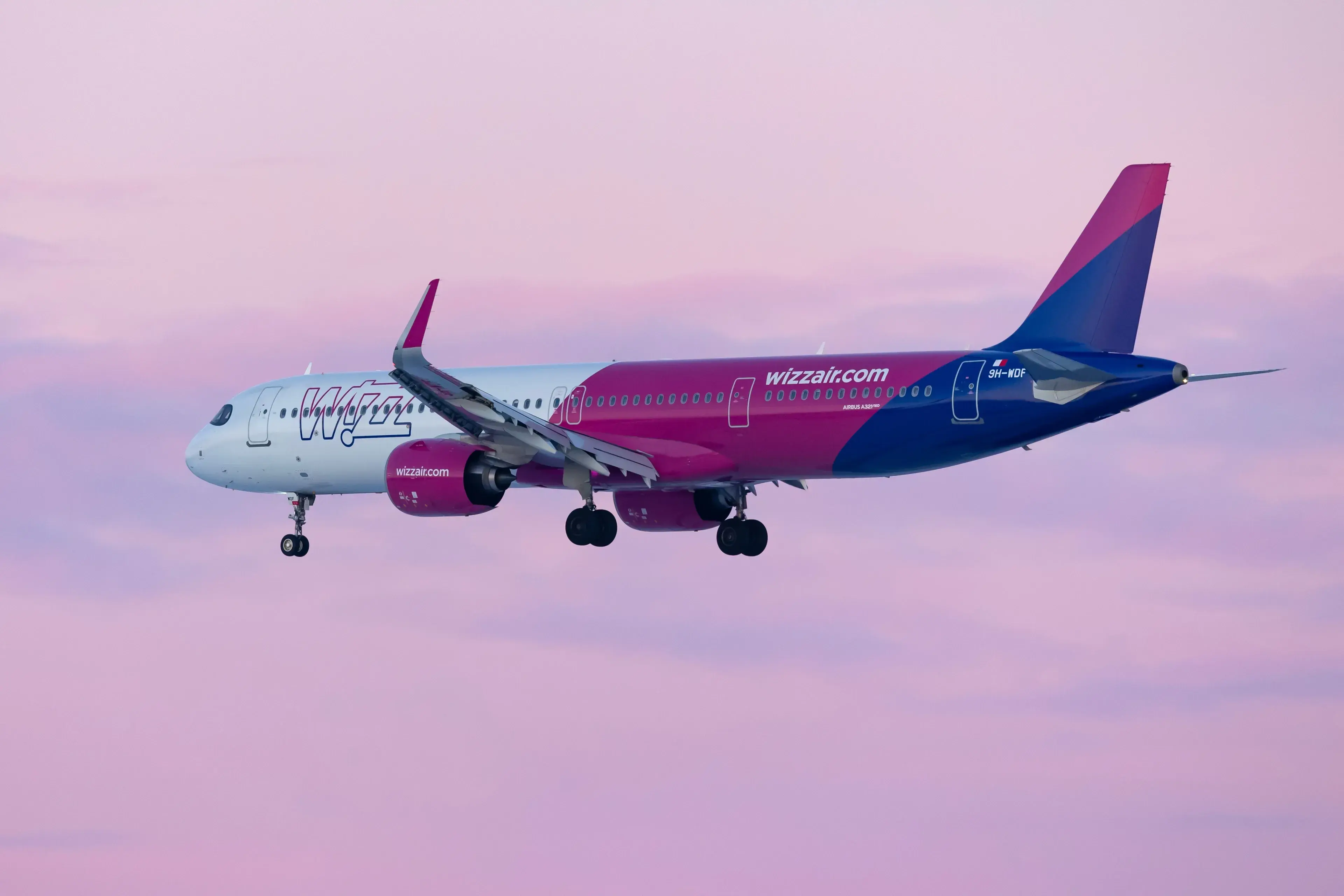
항공사 뉴스
위즈 에어, 혁신적인 연간 '올 유 캔 플라이' 패스 공개
2024년 8월 15일

항공사 뉴스
열대성 폭풍 헬레네가 다가옴에 따라 주요 항공사들이 스케줄을 조정합니다.
2024년 9월 24일
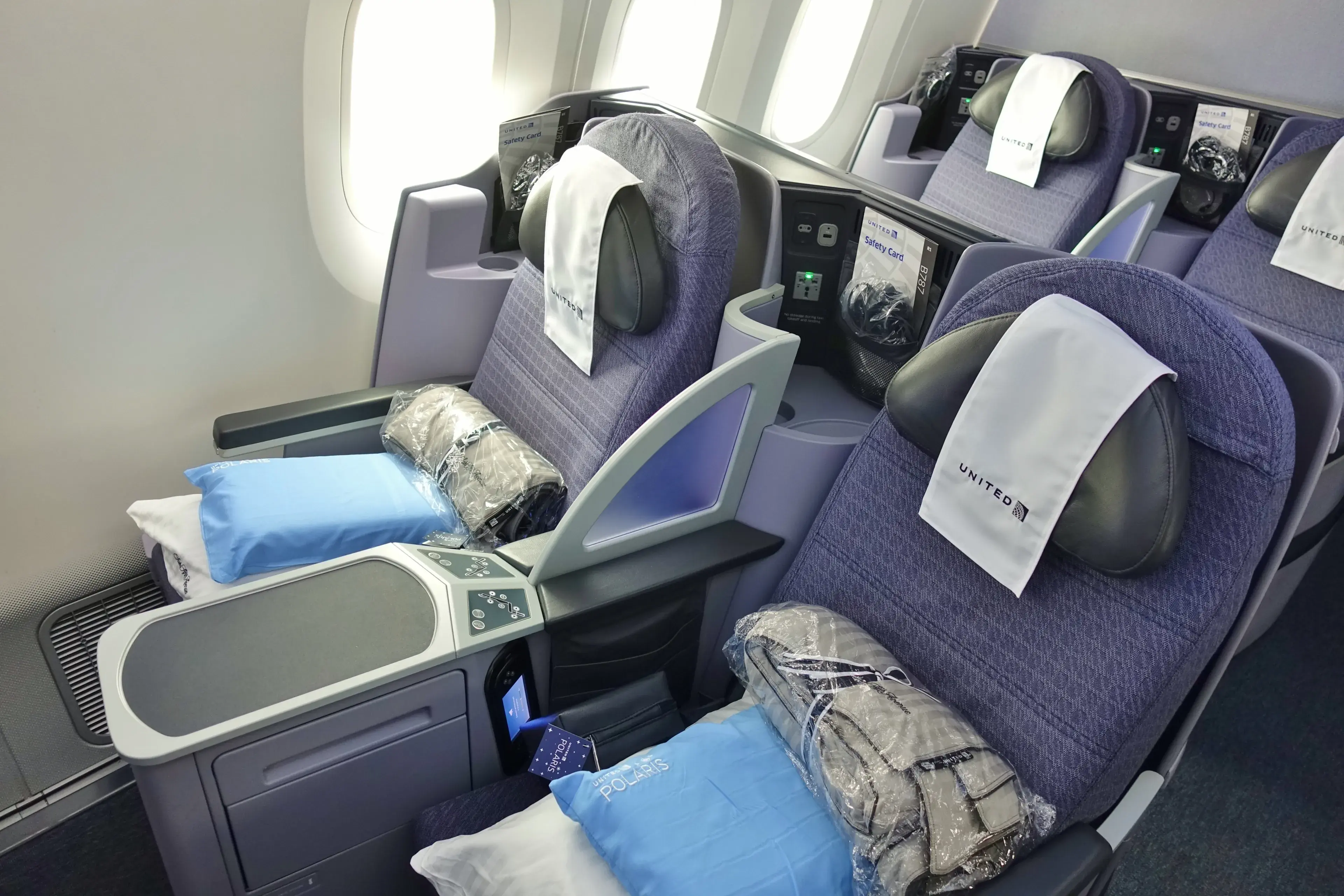
항공사 뉴스
유나이티드 항공, 비즈니스 클래스 좌석 분쟁으로 대량 결항 위협
2024년 9월 26일

